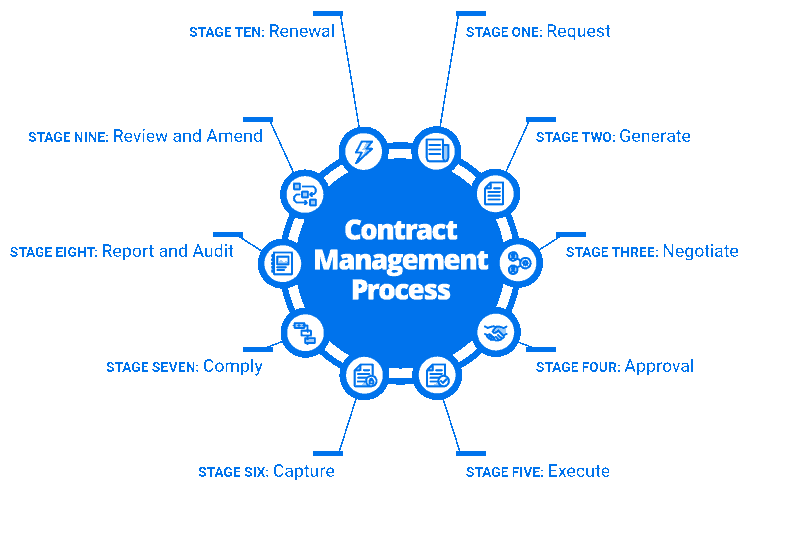In today’s fast-paced and ever-changing business environment, the role of Human Resources (HR) in organizational development and growth has never been more critical. HR functions are no longer just about hiring and firing employees; they play a crucial role in shaping the culture, strategy, and overall success of a company. Let’s explore the key ways in which HR contributes to organizational development and growth.
Recruitment and Talent Management
One of the primary responsibilities of HR is to attract, recruit, and retain top talent. HR professionals are tasked with developing recruitment strategies, conducting interviews, and ensuring that the right people are placed in the right roles. By hiring skilled and motivated employees, HR helps to ensure that the organization is equipped to achieve its business objectives and drive growth.
In addition to recruitment, HR is also responsible for talent management. This involves identifying high-potential employees, providing training and development opportunities, and creating career paths for advancement. By investing in the development of employees, HR helps to build a strong and capable workforce that can drive the organization forward.
Employee Engagement and Retention
Employee engagement is a key driver of organizational success. Engaged employees are more productive, innovative, and committed to the company’s goals. HR plays a crucial role in fostering employee engagement through initiatives such as feedback mechanisms, recognition programs, and opportunities for career growth.
Furthermore, HR is responsible for ensuring employee retention. High employee turnover can be costly for organizations in terms of recruitment and training expenses, as well as lost productivity. HR professionals work to create a positive work environment, address any issues that may arise, and provide opportunities for employees to thrive and grow within the organization.
Culture and Leadership Development
The culture of an organization plays a significant role in its ability to succeed and grow. HR is responsible for shaping the company culture by promoting core values, fostering collaboration, and ensuring that employees feel a sense of belonging and purpose. A strong company culture can attract top talent, drive employee engagement, and ultimately contribute to organizational growth.
Additionally, HR is involved in leadership development within the organization. Developing strong leaders is crucial for driving business strategy, fostering innovation, and inspiring employees to perform at their best. HR professionals work to identify and nurture leadership potential within the organization, provide training and development opportunities for current and future leaders, and ensure that the company has a robust leadership pipeline.
Change Management and Organizational Agility
In today’s rapidly changing business landscape, organizations must be agile and able to adapt to new market conditions and challenges. HR plays a vital role in change management by helping employees navigate through organizational changes, such as mergers, restructurings, or new technology implementations. By communicating effectively, providing support, and facilitating training, HR helps to ensure that employees are equipped to succeed in times of change.
Organizational development and growth are closely tied to the effectiveness of HR functions within an organization. By recruiting and retaining top talent, fostering employee engagement, shaping company culture, developing leadership, and managing change, HR professionals play a critical role in driving success and sustainability. As businesses continue to evolve, the role of HR in organizational development and growth will only become more essential.


